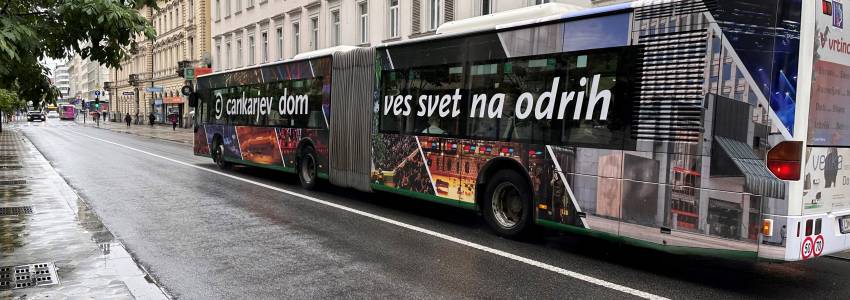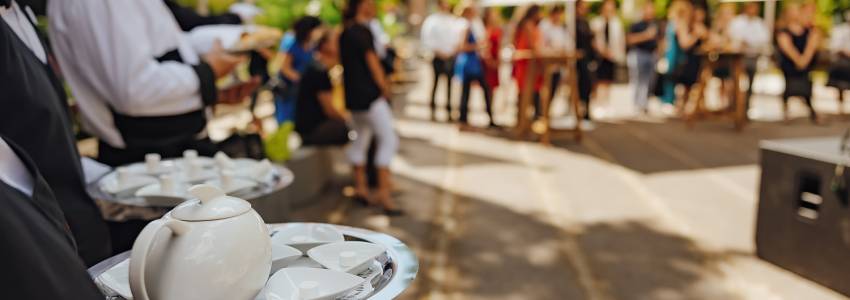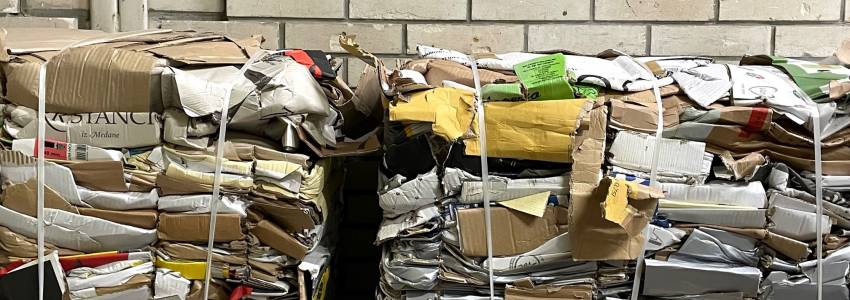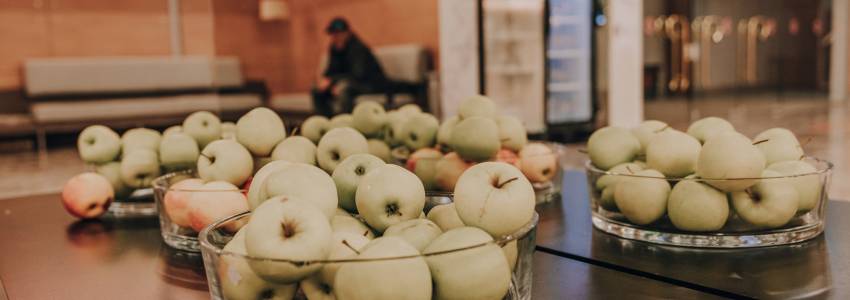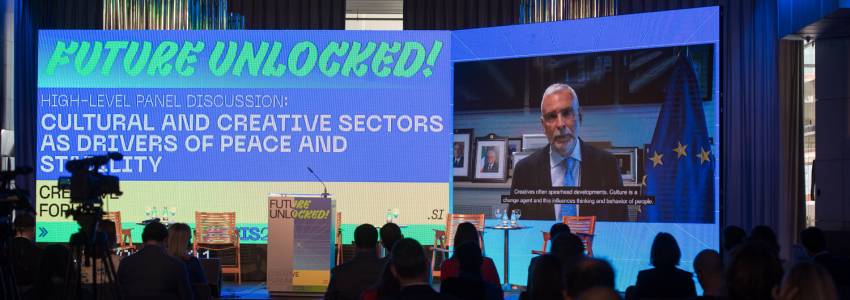Sustainable Mobility
Easily accessible and located in the city centre, Cankarjev dom prides itself on being a sustainable venue. Event participants and performers are encouraged to arrive by public transport, shared transport, car sharing, by bicycle or on foot. Many Cankarjev dom employees commute by bike, including our Director General Uršula Cetinski. Reducing traffic means reducing carbon emissions and relieving road congestion.
Cankarjev dom is easily accessible also by public bus transport LPP. Buses no. 1, 1B, 2, 3, 3B, 9, 6, 6B, 11, 11B, 19, 19B, 27 and night buses nos. 1B, 3, 3B, 6, 11B stop in Cankarjev dom’s immediate vicinity - the Drama National Theatre. Close by, there is also the Kongresni trg Square with stops for buses nos. 2, 10, 11, 13, 17, 20, 21. Buses nos. 14, 14B, 18, 18L also stop in close proximity to Cankarjev dom – on Prešernova Street.
We also advise using the BicikeLJ self-service bike rental system. The nearest docking stations are no. 17 on Trg MDB Square and no. 3 in Zois Street. Both stations are located less than ten minutes' walk from Cankarjev dom.

